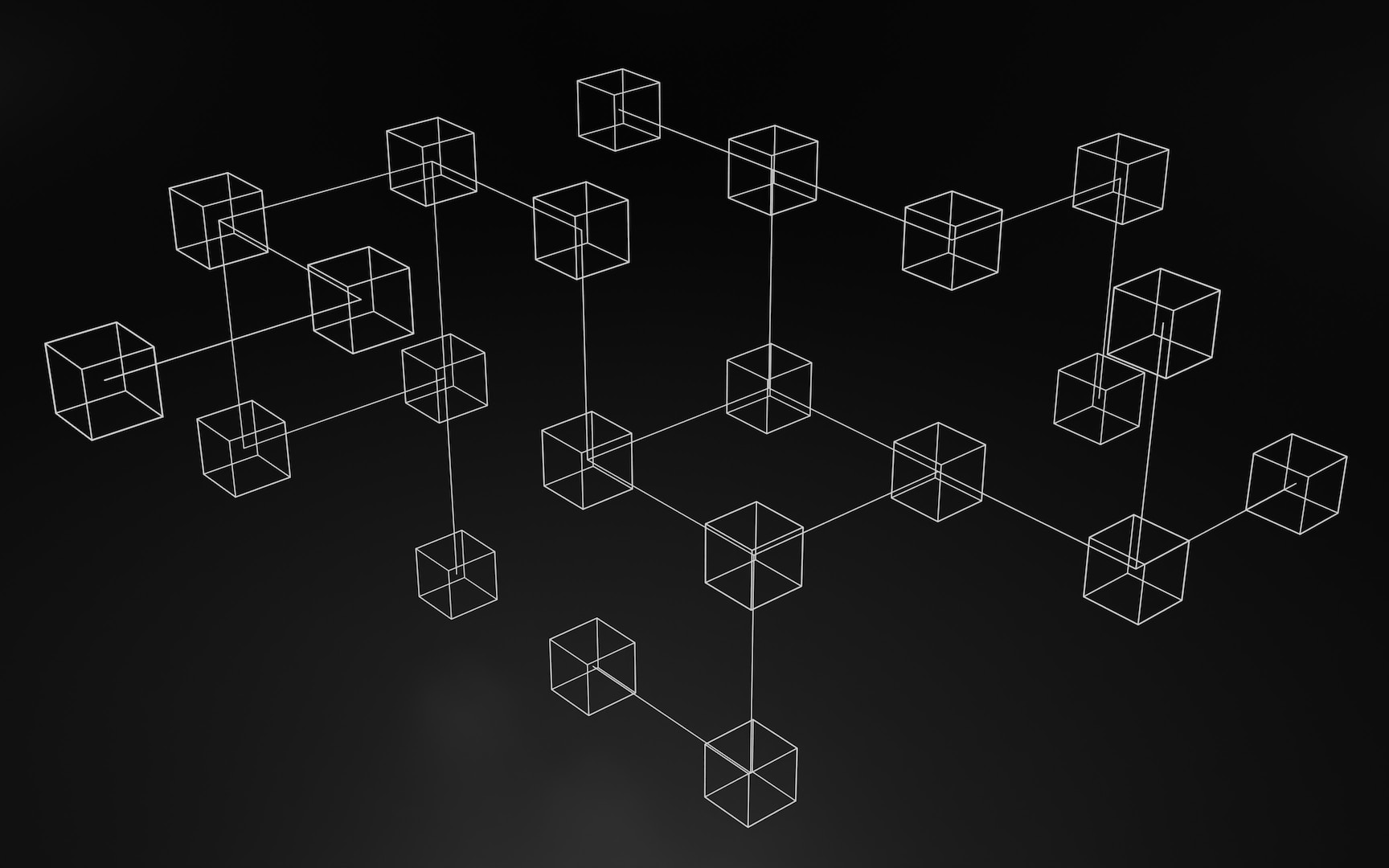With all the mess going on with Twitter, I felt that Twitter had pivoted away from being user-centric, if it had ever been. It no longer had that friendly vibe. It was time for me to search for a new home.
Mastodon had been on my radar for quite some time, but I had yet to give it a try. I was hesitant because I was not sure if there would be enough content for me to feel immersed in it.
I gave it a try and got to know what a decentralised social network was. No, it’s not about Blockchain or those buzzwords around it.
A typical social network
When you sign up for Facebook, your account is with Facebook. You can connect and interact with other people who use Facebook, on Facebook.
If you want to connect with your friend who is on Twitter, you will have to sign up for a new account which is taken care of by Twitter.
If you leave a comment on a post on Facebook, that comment stays on Facebook. If you have 1,000 followers on Twitter, you will have to build that number again when you move to a new platform.
It doesn’t have to be like that
ActivityPub is an internet standard that was finalised in 2018. It outlines how independent social networks could be interoperable.
Let’s say we have 2 social networks built on ActivityPub: Tumbling and Instagum. Alice signs up for an account on Tumbling but Alice will be able to follow Bob who is on Instagum. Bob’s posts will appear on Alice’s news feed on Tumbling. Alice can leave a comment on Bob’s post and the comment will also appear to Bob who reads the original post on Instagum. This is also the case with follower counts.
Each provider can have their own set of rules to which who are allowed to sign up, and what content is prohibited, for example.
You have one identity that can work seamlessly with other providers. Isn’t this exciting?
Many people like to compare this concept of decentralised social networks to the email world: you have an account on Gmail which you can use to send an email to an Outlook address, and vice versa. You don’t have to maintain 2 accounts to communicate with people on the 2 different providers.
Why you should care
Decentralised social networks will save the web. Today’s web is controlled by corporates, or their algorithms, to be more specific. They want to hook you into their platforms. They control how you can interact with their walled gardens, slowing shaping our behaviours as a community.
What you see on Facebook, Twitter, Instagram and TikTok are dictated by their algorithms. Creators—or even your friends—have to find tactics to overcome these so-called artificial intelligence algorithms to find their way to your news feed, and it doesn’t say anything about the quality of the posts that surface on your news feed. It’s just the content that the algorithms think people will interact with, or spend time on. A lot of posts are just low-quality engagement-hungry posts from users who crave money from revenue sharing.
These algorithms can manipulate what you perceive of the world. And behind them are the companies that own them.
Another example is Twitter (or X, but I’ll call it Twitter anyway). Look at all these crazy things going on with Twitter. Its direction is headed away from its users. External links to some sites are throttled. Advertisement tweets are shown without being labelled so. Weird changes all the time.
The web is so controlled by corporates.
We still want to connect with our friends online, and to build a community of people who share our interests. You can move to a new platform if you don’t like how the current platforms are governed, but what if none of your friends follows you to the new platform, or what if the new platform slowly becomes the corporate. It will just become the same loop.
With decentralisation, your content, your identity and your friends follow you to the new platform if you decide to move. Different independent platforms work together. You choose to use the platform that suits you and it’s just a frontend of the web’s content. It’s like how you prefer to use iPhone and your friend prefers to use an Android, and you both can still communicate.
It’s about interoperability and the freedom to choose a platform that goes along with your belief.
Is this the future?
The mess that’s going on with Twitter makes a lot of people flock to Mastodon and other alternatives (because Facebook also doesn’t have a good reputation, right).
Mastodon is not the only social network built on ActivityPub, neither is it the only decentralised social network, but it has become the face of ActivityPub and decentralised social networks due to its popularity and media presence.
Mastodon’s user base is still far behind that of the mainstream social networks. It’s only a fraction of Facebook’s. Not even close to 0.5%. But it’s gaining traction.
It’s hard to predict the future because everything changes all the time in this tech world. Who would’ve thought we would need an alternative to Twitter, for example.
However, I do hope that ActivityPub—or decentralised social networks in general—becomes a very near future. Return decentralisation to the internet. Take back control of our online life.
Interesting piece from the Verge: Can ActivityPub save the internet?

Leave a Reply